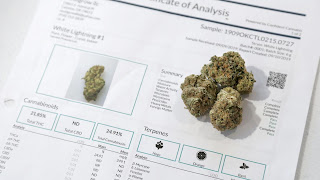Hard drive Crash? The essential Data Recovery Report
Your worst nightmare just became a horrifying reality. You keep hearing that little voice in your head mockingly shout "you should have backed that stuff up" The voice keeps echoing throughout your head as you perform a quick inventory all of the important information that you just lost..... your client database, a years worth of e-mail, your entire inventory database, even your family photos.EaseUs Data Recovery License Code
Even worse, you've got a deposition in two-weeks and key information needed to help win the case were also lost. You quickly call a service technician and have them come over to check the computer out, only to hear the worst news of all.... your data has been lost. When a hard drive crashes, it's too late to worry about what you "should have done. "
Today data recovery is a multi-million dollar industry. The number of data recovery firms out there seems to exceed the number of fast food restaurants for the entire planet. These companies specialize in helping their clients retrieve data on anything from hard drives to flash-roms. In the following report, we will discuss what data recovery really is; the different types, the costs, and what you can realistically expect when it comes to getting your data recovered.
What to do In the event of Data Loss?
Around 44% of all data loss is caused by hardware failure. It's important to make sure that you immediately shut your system down if you suspect that hard drive has crashed. Don't even try to go through the shutdown procedure, just pull the plug from the wall. Do not try to run off the shelf data recovery software or drive utilities. Many times these applications will assume the drive is functioning properly and will increase the risk of permanent data loss.
Types of Hard drive Failure
When we discuss data recovery in this report, we will primarily focus on issues surrounding hard drive failures; since these types of failures are most common. There are really two primary forms of failure in a hard drive, logical and physical. Logical failures are usually a result of file-system corruption. This can occur due to a virus, accidental deletion of key files or registry components, and in some cases even electro-static discharge. In most cases where a logical failure has occurred, the drive is still recognized by the system BIOS, but it will not boot. In most cases, your data should still be intact on the drive, even though it may appear to be inaccessible.
If the system BIOS does not detect the presence of the hard drive, then chances are a physical failure has occurred. Physical failures can result from a wide variety of causes. There are really two sub-categories for physical hard drive failures; mechanical and electronic. Mechanical failures usually result from a failure of the spindle motor. Spindle motor failure can result from excessive heat due to a bearing failure. The increased heat resulting from the bearing failure will expand the drive shaft and therefore seize the spindle motor. Suddenly, your drive will become inoperative. Occasionally, you will get a warning that something bad is about to happen. You may hear a loud whining, a grinding noise, even high-pitched screeches. If anything like this starts to occur, BACK UP YOUR DATA IMMEDIATELY.


Comments
Post a Comment